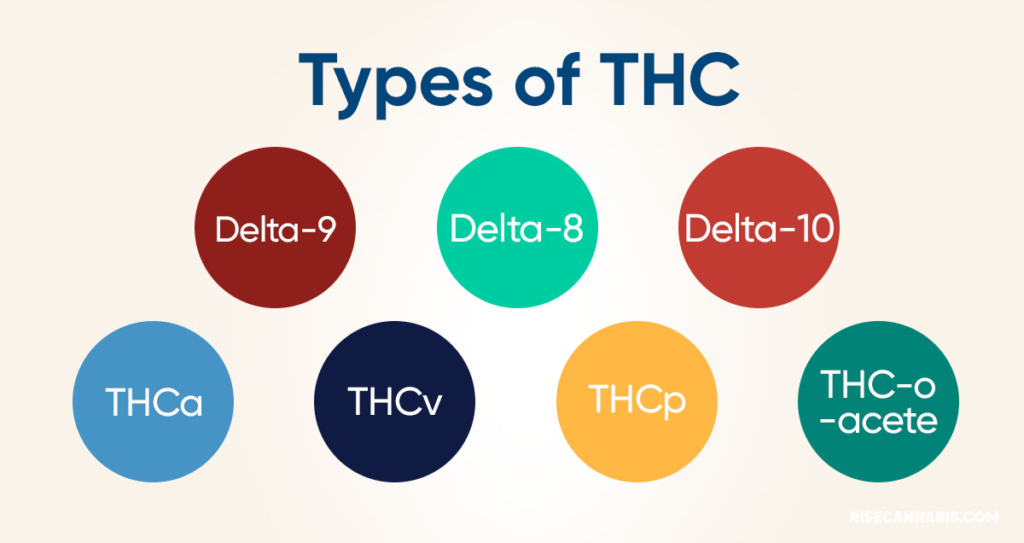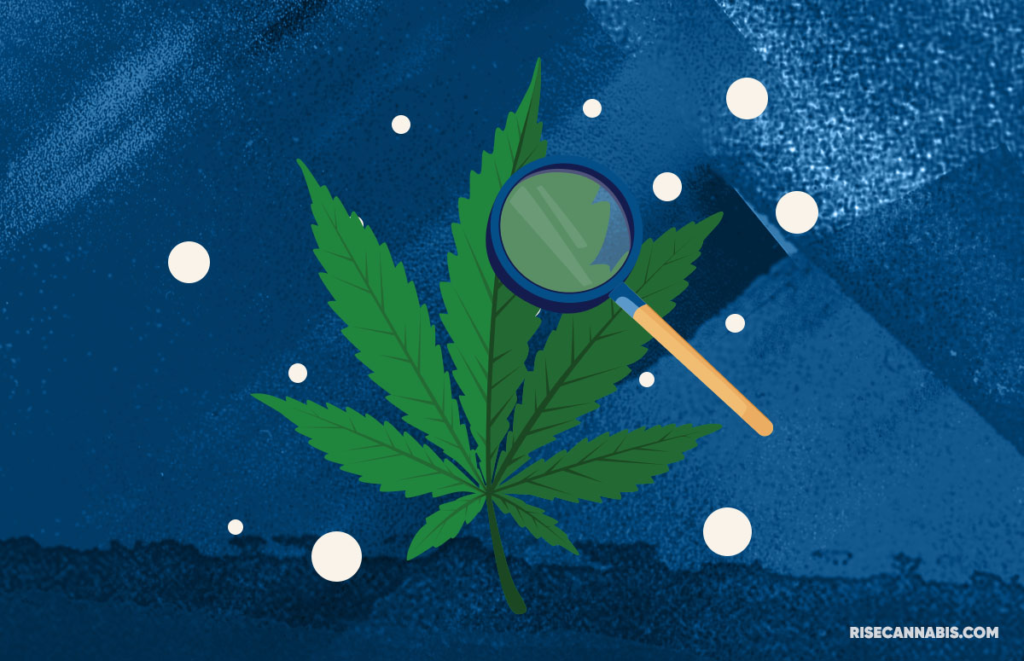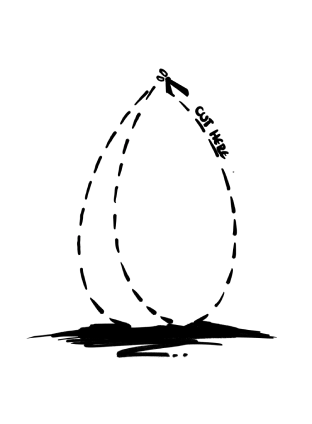Highlights
- THC is a major psychoactive component in cannabis products that has several forms and types.
- Despite the availability of different types of THC, the delta-9 THC is the most abundantly available and more thoroughly studied compound.
- Each THC type may have different mind-altering effects and
The cannabis plant has a long history of being not only a recreational substance but also a traditional medicine in various cultures. As we learn more about the plant, its therapeutic effects are gradually transpiring. Because of the increasing number of research initiatives, we discover more about the cannabis plant with every passing year.
Several studies indicate that THC may provide relief from chronic discomfort and aid in a range of medical conditions. So, what is THC? How does it work? And, how many types of THC are there?
Let’s dive deeper into the most commonly found THC types, the lesser-known ones, and also discuss their individual benefits.
What does THC stand for?
THC stands for tetrahydrocannabinol. It is a psychoactive compound found in cannabis sativa, the marijuana plant.
Given all the different compounds found in cannabis products, tetrahydrocannabinol’s interaction with other cannabinoids are more complex than you may think.
What is THC?
THC is a cannabinoid, which means it’s a compound found in cannabis.
There are over 100 known cannabinoids thus far, some better studied than others. THC is one of the most well-known cannabinoids in marijuana, with the other one being CBD (or cannabidiol).
What does THC do to you?
The most prominent psychoactive effects of THC are alterations in mood, alertness, and cognitive functions. However, in addition to its effect on the mental state, there are types of THC that also have potential medical effects.
A fact that is often overlooked is that THC is not a specific compound with the same genetic attributes. Instead, there are several variations of THC called chemical analogs, which distinguish them from each other. All these variations have somewhat different properties and medical benefits.
If you have only started exploring the world of natural plant healing and are curious to know about the different options available, read on to discover the different types of THC and their potential health benefits.

How many different types of THC are there?
Delta-9
Delta-9 THC what everybody usually talks about when talking about THC. It is the most abundantly found variation of THC in the cannabis plant. This compound is found in both male and female plants, but exists in high concentrations, mainly in female plants.
Delta-9 binds to the CB1 receptors in the brain and nervous system in order to produce mind-altering effects such as feelings of mental and physical disassociation from time, reduced memory, and bodily relaxation. [Source]
Despite being a psychoactive substance, Delta-9 THC being studied for therapeutic benefits.
Some of the observed health benefits of the Delta-9 THC include:
- Promotes sleep
- Helps ease mood
- May relieve discomfort
- Decreases the feeling of nausea or vomiting
- Dealing with low appetite
Delta-8
Delta-8 formulates when Delta-9 ages and gets exposed to oxidation and accounts for less than 1% of the plant, which makes it difficult to yield. In addition, delta-8 is a double bond isomer of Delta-9, which means that they have the same number of elements and atoms but are structurally distinct, and their elements are differently arranged.
Some studies have shown that its consumption results in a more clear-headed and energetic effect. Nevertheless, Delta-8-THC is still considered to have similar psychoactive effects as Delta-9-THC by FDA. [Source]
Delta-8 THC communicates with CB1 and CB2 cannabinoid receptors and appears to have several benefits for the body.
However, since delta-8 THC occurs only in small amounts in cannabis, most commercially available delta-8 products are made by chemically converting delta-9 THC or cannabidiol (CBD).
Despite being considered less potent, there are still risks associated with using delta-8 products because of limited research. Although delta-8 THC is federally legal, it is important to note that delta-8 products have not been evaluated by FDA for safe use.
Delta-10
Delta-10 THC is an isomer of the cannabinoid THC that possesses the same chemical properties but is arranged differently, which stimulates different effects. Delta-10 THC appears in extremely low traces, unlike the delta-9 cannabinoid, making it impossible to consume high amounts directly from the plant.
That is why most delta-10 products are developed in labs or synthetically. Both delta-8 and delta-10 are minor cannabinoids, separated by only a few bonds of atoms.
So far, little research has been conducted on the effect of delta-10 on the body.

THCA
THCA is usually found in the stems, leaves, and flowers of the cannabis plant, while surprisingly, it is a type of THC that does not have any mind-altering effects.
THCA does not produce the psychoactive effects of THC, which come into effect as molecules attach to CB1 receptors in the nervous system. This is because THCA’s structure is not molded for these receptors.
Rather, THCA serves as a source for three other types of THC (THCV, Delta-8 THC, and Delta-9 THC), a process that is stimulated by applying heat. Heating THCA molecules cause the chemical composition and form to change and are hence appropriate to fit into the body’s CB1 receptors.
Like other types of THC, THCA also has therapeutic functions of its own. Several studies show that THCA can help treat the following conditions:
THCV
THCV is a byproduct of THCA breakdown, formed due to a process called decarboxylation when medical marijuana is dried and vaporized. Although it is gaining popularity for a wide range of positive effects, it is the least known type of THC.
Studies suggest that THCV does not produce mind-altering effects in low doses due to its shorter chain of molecules and lower interactivity with the receptors. However, higher doses give a clear and stimulating high.
This cannabinoid interacts with the CB1 receptors and gives short-lived effects compared to other THC types. One peculiar property of THCV is that it does not stimulate the appetite but acts as an appetite suppressant.
Studies show that THCV may offer benefits like:
- Regulating blood sugar and insulin resistance insulin resistance
- Neurological therapeutics for epilepsy and Alzheimer’s
- Promoting bone development and growth
- Reducing chronic pain and inflammation
THCP
THCP or tetrahydrocannabiphorol is the most recent cannabinoid to receive attention. This unique analog of THC is said to have 33 times the binding affinity for the CB1 receptors as compared to delta-9 THC, which causes an intense and euphoric effect.
The ability of a compound to bind with the receptors depends on the size of the side chains. THCP is structurally similar to delta-9 THC but has a seven-link side chain. Previously, no other cannabis compound has been found to naturally have more than five-link chains.
For now, THCP lies in the legal grey area, just like delta-8 and delta-10 THC. There is still a substantial amount of research required to find the potential benefits of THCP.
THC-O-acetate
THC-O, also called THC-O acetate, is a hemp-derived synthetic cannabinoid. THC-O’s main appeal is that it is synthesized from federally legal hemp, unlike THC which is legalized on a state level only in several states. Nevertheless, the process of making THC-O-acetate includes a highly flammable chemical called acetic anhydride. And just like THCP or Delta-10 THC, THC-O is one of the least researched analogs of THC, which means the potential benefits or side effects are yet to be discovered.
How to choose the right product
People use cannabis for a variety of reasons; some of the most common conditions are chronic pain, insomnia, and stress.
For the optimal effect, it is necessary to go with the right kind. Choosing from the many cannabis products available online or in dispensaries may be overwhelming. That is why, at RISE dispensaries, we are dedicated to helping you with what best fits your needs.
What type of THC is good for sleep?
Every person is different, so you can start by speaking to your doctor, a pharmacist, or a patient care specialist at a nearby RISE Dispensary. Here are products that reviewers said helped them “get some sleep”
What type of THC is in edibles?
Each product is unique. Edibles purchased at RISE Dispensaries are lab-tested and contain the types of THC naturally found in the cannabis plant. The most abundant naturally-occurring type of THC is Delta-9 THC.
Do you have any other questions or are you interested in learning more? Find a RISE Dispensary that’s closest to you.
Source: Rise Cannabis.

